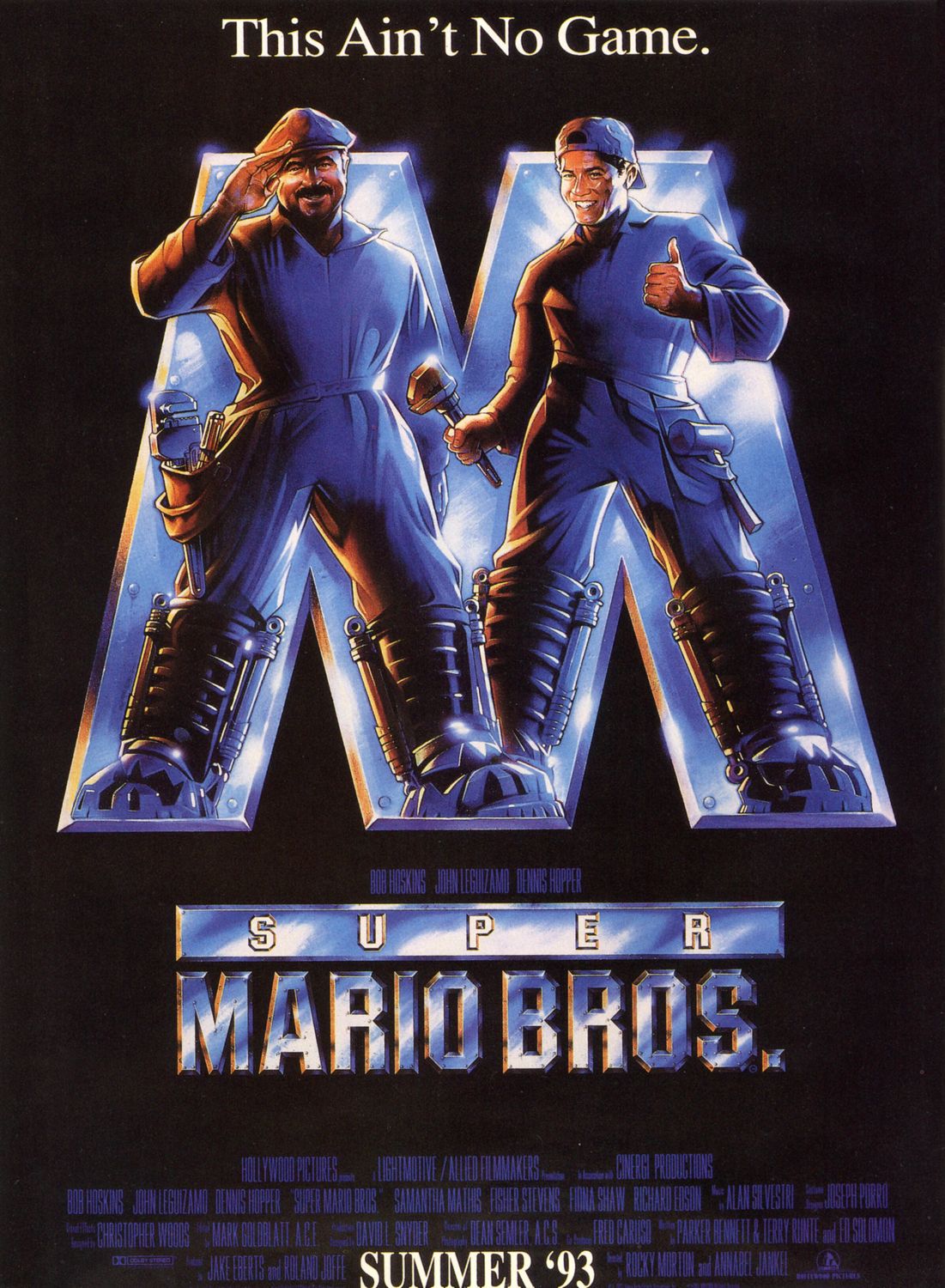
 With few exceptions, the adaptation of video game concepts into movies is a very bad idea. Sure, some video games are immensely popular, but even the most sought after games are not touted for their plot twists and three-dimensional characters, at least one element of which would help streamline the transition into a movie. Elements such as player choices and abilities, essential to making video games fun to play, simply don’t translate well to the big screen. This hasn’t slowed Hollywood’s roll any though when it comes to video game-based movies, with several slotted for production over the course of the next year or so. In their honor, we present to you our list of the five worst adaptations of game to movies:
With few exceptions, the adaptation of video game concepts into movies is a very bad idea. Sure, some video games are immensely popular, but even the most sought after games are not touted for their plot twists and three-dimensional characters, at least one element of which would help streamline the transition into a movie. Elements such as player choices and abilities, essential to making video games fun to play, simply don’t translate well to the big screen. This hasn’t slowed Hollywood’s roll any though when it comes to video game-based movies, with several slotted for production over the course of the next year or so. In their honor, we present to you our list of the five worst adaptations of game to movies:
Super Mario Brothers (1993)
Based on one of the most popular video games of all time, this seems like it should have been wildly successful, but that was not the case. While elements of the game are referenced in the movie, they are often twisted and changed, and not in favorable ways. What began as a fun and cartoonish video game for players of all ages was manipulated to become more science fiction and adult-oriented, likely in an attempt to draw in a wider audience of paying customers. Unfortunately, word got out that paying to see this one (which now you don’t have to and can just watch online) was the equivalent of being robbed.
Resident Evil: Afterlife (2010)
While the several installments of the Resident Evil video game franchise have been fairly well-received, the same cannot be said for all of the movies in the film franchise based on the games. The worst of them, however, seems to be this fourth installment, which has been described as a confusing mish-mash of bad action movie clichés and slow motion special effects. If you don’t want to just take our word for it, see for yourself, most of the films are on Netflix.
Doom (2005)
Based on a first-person shooter game with a science fiction and horror setting, this film premise would seem promising. Instead, the movie (on Vudu) falls solidly in the action film genre, which means lots of shooting, a little suspense thrown in, and minimal story and character development. While this combination does not necessarily mean the worst that could happen in filmmaking, it nonetheless does not a successful or overly entertaining film make.
Alone in the Dark (2005)
A story loosely based on the various video games of the same name, the one authentic element that transferred is the main character of paranormal investigator Edward Carnby. The games are based in part on works of H.P. Lovecraft, which would seem to indicate at least a small possibility of a favorable adaptation to film. But in the hands of infamous director Uwe Boll, of numerous video-game-turned-movie-bombs fame, this is considered one of the worst of the worst (see on Hulu), and most of the blame from critics and public alike is laid squarely at Boll’s feet.
Bloodrayne (2006)
Another bottom-of-the-barrel mess from director Uwe Boll, this one is based on the horror-based hack and slash video game of the same name that involves a half human/half vampire killer out for revenge against the vampire who sired her. The movie takes this premise, adds a terrible, amateurish script and direction so poor that even the efforts of Ben Kingsley, Michael Madsen, and Billy Zane can’t save it. There hasn’t been much demand from anyone wanting to watch it again since its original release, and even then it tanked in the box office, but both this and it’s sequel are available on demand on cable – check here.
While more often than not, video-game-based movies fail. But hope apparently springs eternal in Hollywood, with movies both present and future still trying to cash in on classic and current video game franchises. Witness the current summer release of Pixels, starring Adam Sandler and incorporating classic video game characters such as Pacman and Donkey Kong. Need we say more?

Leave a Reply